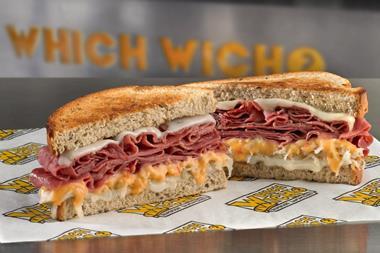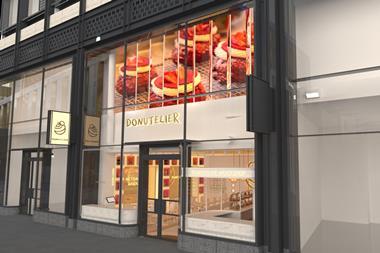Growth in the British foodservice industry has slowed in the wake of the Brexit referendum vote, according to new research.
The number of visits to foodservice venues, including restaurants and fast-food outlets, rose 1.5% year-on-year in the six months leading up to the vote, according to analysts the NPD Group, but growth slowed to 0.7% in the 10 months following the vote.
Full-service restaurants have experienced the greatest slowdown, from 3% down to 2%, while growth in visits to quick-serve restaurants has dropped from 2.2% to 1.7%.
Consumers have started to stop going out for expensive dinners, said NPD, but breakfast and lunch were mitigating some of this with faster growth since the referendum. Food-to-go businesses including Greggs have reported strong growth in their breakfast sales in recent months.
Family dining has also taken a hit according to the research, with a decline of more than 2% in visits by adults accompanied by children aged 17 or less.
“The British foodservice market has slowed since the Brexit referendum and the industry remains smaller than it was in 2009,” said NPD Group foodservice director Cyril Lavenant.
“However, the main message is that there is still growth and the industry is currently showing resilience. This is because operators have spent the past 10 years since the last downturn creating a lively and appealing foodservice environment that encourages consumers to keep eating out.”
But there remained “big challenges” ahead for foodservice, he warned, including:
- The weakness of sterling, meaning foodservice operators will have to replace global sourcing with local sourcing while ensuring they get the quality they need.
- Inflation, prompting consumers to make savings, which is likely to dampen demand for eating out.
- Tighter immigration rules, making it harder for operators to hire staff, which is a huge issue in an industry where about 20% of employees are not from the UK.
With regards to employment concerns, Lavenant added: “Even if a work-visa system operates when the UK leaves the EU, hiring EU staff would still be more difficult because it will absorb time and create costs. Any sustained staff shortage would damage Britain’s foodservice sector.
“We are only one year beyond the referendum and the full effects of Brexit on Britain’s foodservice industry have not yet appeared.”
































No comments yet